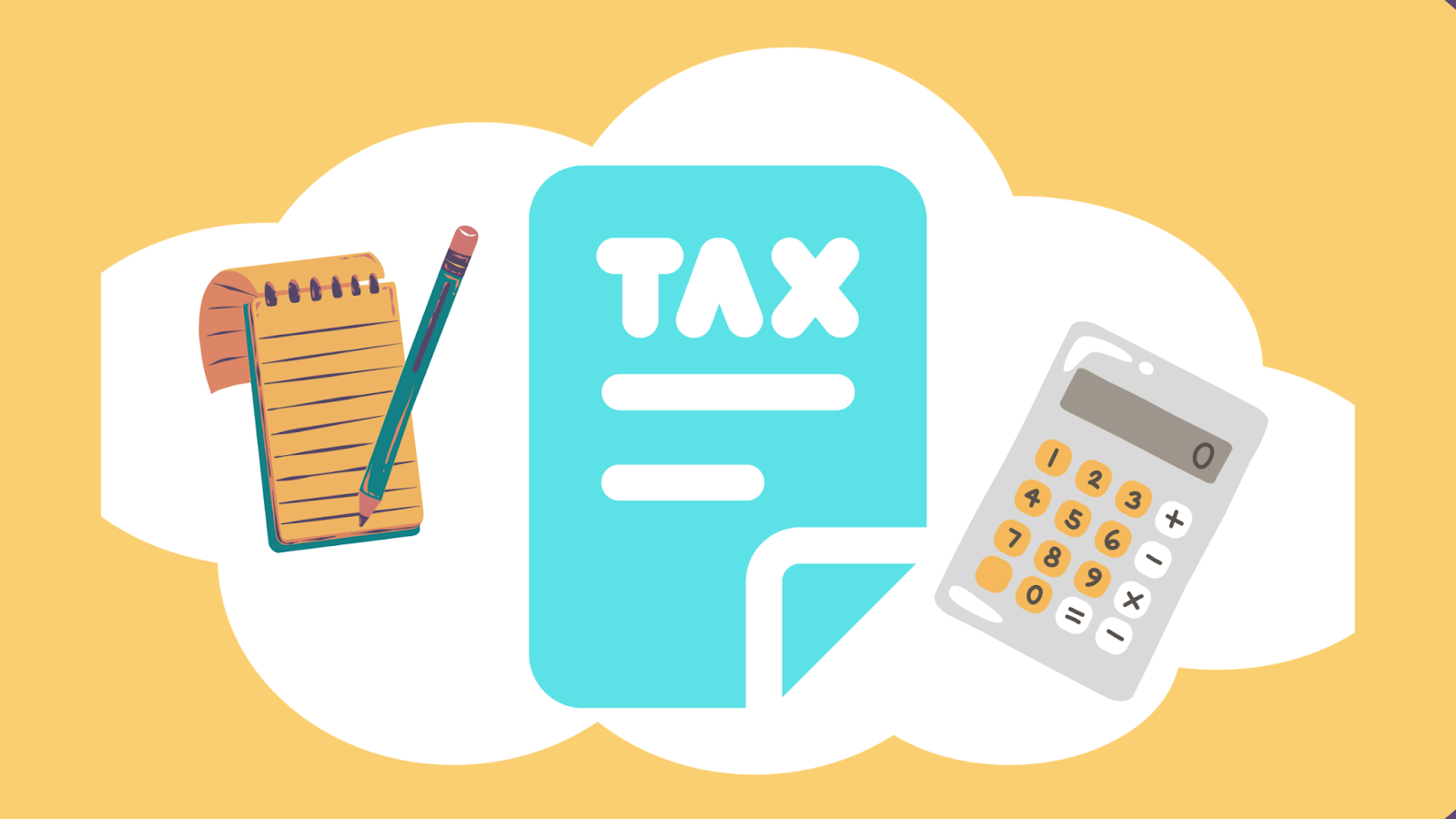Top Simple Strategies to Help Freelancers Save the Most on Self-Employed Taxes
ByJulian Gette
Workast publisher

Workast publisher
Maximizing your tax breaks and properly filing your self-employment taxes may be challenging for independent contractors. A quarterly tax calculator or 1099 tax calculator can help with this. One topic that may be especially confusing and challenging is the deductibility of business expenditures, including those for food and entertainment. In this post, we'll talk about the meal and entertainment deduction, how it affects self-employed persons, and some tips on how to maximize your potential tax savings.
Taxpayers may deduct business-related meal and entertainment expenses from their taxable income thanks to the tax code's meal and entertainment deduction. Giving companies the option to deduct expenses that are pertinent to and typical of running their trade or company is the goal of this deduction. When meeting with a customer to discuss a prospective business deal, a company owner may, for example, deduct the expense of lunch.
What individuals are eligible for the lunch and entertainment deduction?
As long as the expenses are directly related to the self-employed person's line of activity, they are eligible for the meal and entertainment deduction. This requires that the meal or entertainment expenses be clearly tied to the conduct of business, such as a networking event or business meeting. For the item to qualify as a business expense and for the deduction, it must be customary and necessary.
A wide category that includes a range of expenses is the "food and entertainment deduction." among them are:
Meals with clients or customers: If you have a business dinner with a client or customer, you may deduct the cost of the meal. However, you must be able to show that the business-related nature of the meal was indeed there.
Meetings conducted for the purpose of doing business: When conducting business over a meal, the whole cost of the meal is deductible as long as the meeting was required for the active conduct of your company.
Networking events: If you purchase food and entertainment while attending a networking event, such as a conference or trade show, such expenses may be tax deductible if they are directly relevant to your company.
Company-sponsored events: If you arrange a business-sponsored event, such as an employee picnic, the cost of the food and entertainment may be deductible as a business expenditure.
There are a few strategies you may use to increase your potential tax savings even if it could be challenging for a self-employed individual to claim the full amount of their food and entertainment expenses.
1. Maintain Accurate Records - One of the most important things you can do to optimize your meal and entertainment deduction is to maintain accurate records of all your business-related expenses. This entails retaining all receipts, noting the rationale for the spending, and keeping track of the persons who attended any meals or entertainment charges.
2. Keep company and Personal spending Separate - Another crucial strategy is to keep your company and personal spending apart. This calls for keeping separate business and personal credit cards and bank accounts and forbidding the charge of personal spending to your company accounts.
3. Be Aware of Boundaries - The tax authority has placed limits on the amounts that may be used to offset the expense of entertainment and meals. You are only allowed to deduct 50% of the cost of entertainment costs, for example, and there are limits on how much you may deduct for meals when traveling. Knowing these restrictions may help you better plan your spending and maximize your potential tax savings.
4. Plan Ahead - Last but not least, planning ahead may help you get the most of your dining and entertainment deductions. For instance, if you know you'll be going to a conference or networking event, plan ahead and put aside money for the associated food and entertainment charges. You may take advantage of the deduction in this way without spending excessively on unnecessary things.
In summary, the meal and entertainment deduction may be a beneficial tool for self-employed individuals looking to maximize their potential tax savings. You must keep accurate records of every expense linked to your company and be aware of the rules and limitations that apply to this deduction. Utilizing the suggestions and methods in this article, you may properly manage the food and entertainment deduction and optimize your business expense deductions.

